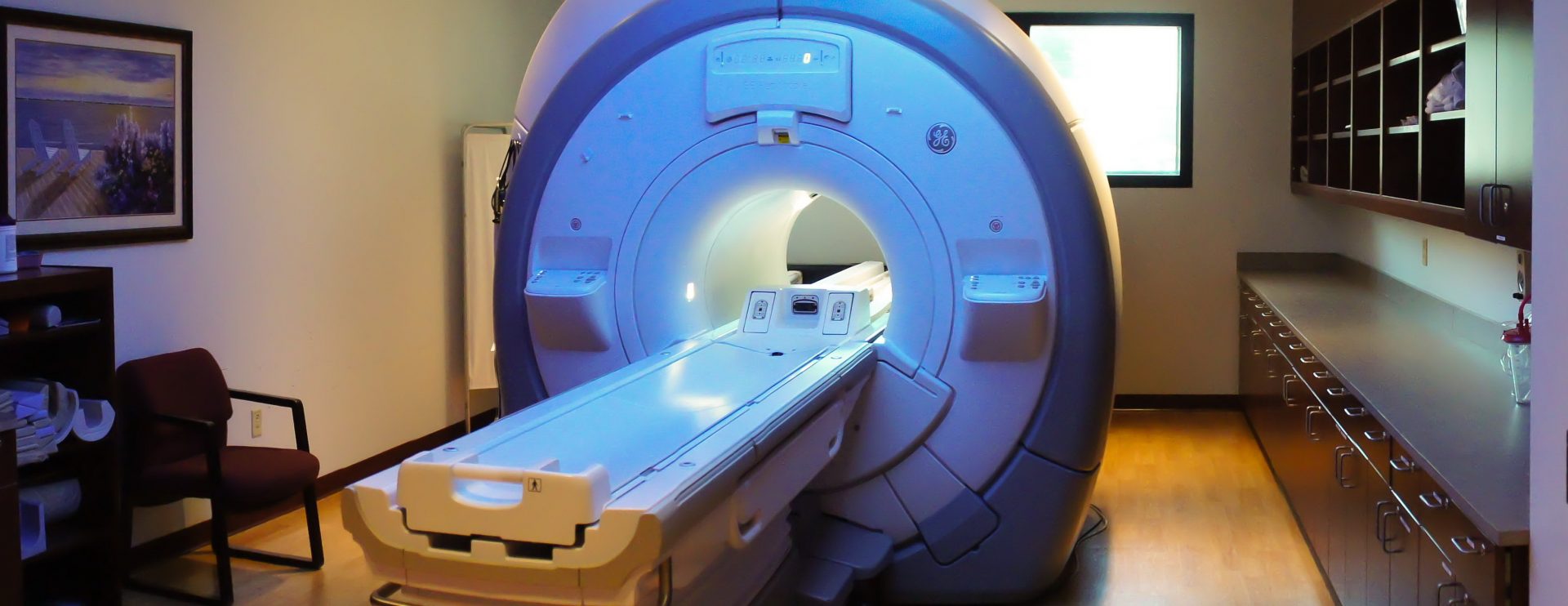 The prostate is a small gland, about the size of a walnut, and is part of a male’s reproductive system. The prostate helps to make semen and surrounds part of the urethra which is the tube that carries urine from the bladder out through the penis. As men age, the prostate may become enlarged and cause urinary problems.
The prostate is a small gland, about the size of a walnut, and is part of a male’s reproductive system. The prostate helps to make semen and surrounds part of the urethra which is the tube that carries urine from the bladder out through the penis. As men age, the prostate may become enlarged and cause urinary problems.
The three most common types of prostate problems are:
- Prostatitis (inflammation)
- Benign Prostatic Hyperplasia (BPH or enlarged prostate)
- Prostate Cancer
Neither inflammation nor an enlarged prostate increase a man’s risk for developing prostate cancer. It is possible that men could have more than one condition at a time, which makes it important to know the symptoms and speak with your doctor. You should tell your doctor if you have any of the following urinary symptoms:
- Feel an urgent need to pass urine
- Passing more urine during the day
- Getting up multiple times at night to pass urine
- Feel burning when urinating
- Experience less urine flow
Non-Cancerous Prostate Conditions
Prostatitis
Inflammation of the prostate gland, prostatitis, affects about half of all men during their lifetime and may be caused by a bacterial infection. This does not increase the risk of developing any other prostate condition. Symptoms include:
- Painful urination
- Painful ejaculation
- High fever and chills
- Strong urge to pass urine even with only a small amount
- Throbbing in genitals or rectum
- Pain in the groin, scrotum or belly
- Body aches and low back pain
There are different types of prostatitis such as acute or chronic. Your doctor may order several tests including a urine test, a digital rectal exam (DRE) and a prostate-specific antigen (PSA) test. Medications such as antibiotics and alpha-blockers may help to alleviate symptoms.
Enlarged Prostate (BPH)
Benign prostatic hyperplasia (BPH) is a non-cancerous abnormal cell growth resulting in an enlarged prostate. While BPH does not increase your risk for prostate cancer, the symptoms may be similar, and include the following:
- Slow or weak urine stream
- Strong and/or sudden urge to pass urine
- Frequently passing urine, especially during the night
- Trouble starting a urine stream, straining or pushing
- Feeling that your bladder has not emptied
Although it is normal for the prostate to enlarge over time, you should see your doctor if you experience any of these symptoms. As a man ages, the prostate grows from about the size of a walnut during his 20’s, to the size of an apricot around age 40 and may be closer to the size of a lemon by age 60.
This presses against the urethra and can slow down or block urine flow. In severe cases a backflow of urine may cause a kidney or bladder infection or lead to kidney failure. Be sure to tell your doctor about any symptoms or any new symptoms. Treatments include medication or possible surgery if drug therapy does not work well.
Prostate Cancer
Prostate cancer tends to grow very slowly over time as compared to other types of cancers. Cancer cells in the tissue of the prostate may begin decades before a tumor is large enough to cause any symptoms. Prostate cancer may be advanced by the time symptoms do appear. Symptoms of prostate cancer include:
- Pain or burning when passing urine
- Blood in the urine or semen
- Frequent urge to pass urine, especially at night
- Trouble passing urine
- Pain in pelvis, back or hips
- Weak or interrupted urine stream
Prostate cancer may spread to the lymph nodes of the pelvis or throughout the body and commonly spreads to the bones. Bone pain, particularly in the back may be a sign of advanced prostate cancer.
Prostate Cancer Risk Factors
There are some risk factors for developing prostate cancer. Having any of these risk factors does not mean you will get prostate cancer, but that you are at an increased risk. Risk factors include:
- Age – men over age 50 are at an increased risk for prostate cancer
- Race – prostate cancer tends to start earlier and grow faster in African-American men than any other race
- Family history – men with immediate family members such as a brother or father with the disease are 2 to 3 times more likely to develop prostate cancer than someone without family history. Relatives who develop the disease at a young age also increase that risk as well as families with a history of breast cancer
- Diet – men with a diet high in fats also may be at an increased risk for prostate cancer
Prostate Cancer Screening
You should speak with your doctor about the available screening tests and what is right for you. Your doctor will take your personal medical history, family history, any risk factors and symptoms to determine the right screening tests for you. Tests used to check the prostate include:
Digital Rectal Exam (DRE) – this is a standard prostate test where the doctor will feel the prostate to check for size, firmness, lumps and texture as well as any pain when touching or pressing on the prostate.
PSA (Prostate-Specific Antigen) Test – the PSA is an FDA approved blood test to check for prostate-specific antigen. PSA is a protein made by prostate cells that will get into the blood more than normal with prostate cancer. PSA levels may also be increased, however, with other conditions such as prostatitis or BPH.
June is Men’s Health Month and a good time to remind all the men in your life to talk to their doctor about prostate health. Here is list of questions to ask the doctor and more information about prostate screening from the U.S. Health and Human Services, Office of Disease Prevention and Health Promotion.
Greater Waterbury Imaging Center urges you to talk with your doctor about all your recommended health screenings. Wear blue for National Men’s Health Month and heighten awareness to preventable health problems with detection and treatment. Contact GWIC for all your MR imaging needs for a comfortable exam with fast, accurate results.


